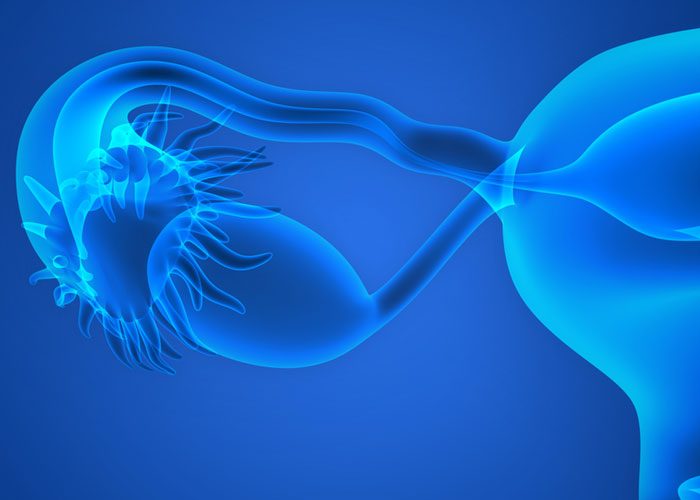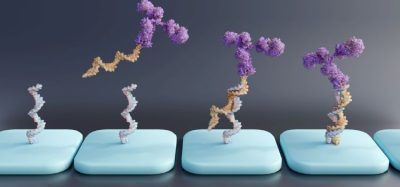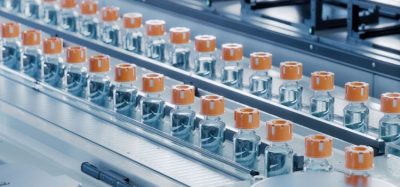Bioengineered ovaries found to be more effective than HRT
Posted: 6 December 2017 | Dr Zara Kassam (European Pharmaceutical Review) | 2 comments
New research in rats suggests the possibility of bioengineering artificial ovaries in the lab to provide a safer, more natural hormone replacement therapy for women…


New research in rats suggests the possibility of bioengineering artificial ovaries in the lab to provide a safer, more natural hormone replacement therapy for women.
A team from Wake Forest Institute for Regenerative Medicine found that the engineered ovaries were more effective than hormone therapy drugs at improving bone and uterine health and body composition.
“The treatment is designed to secrete hormones in a natural way based on the body’s needs, rather than the patient taking a specific dose of drugs each day,” said Dr Emmanuel C. Opara, Professor of regenerative medicine at Wake Forest Baptist Medical Center.
Current hormone replacement medications designed to compensate for the loss of female sex hormone production are not recommended for long-term use due to the increased risk of heart disease and breast cancer.
The research team suggests that the cell-based system of hormone replacement, because of its ability to match dose with the body’s needs, is an attractive alternative to drugs and is consistent with current guidelines in the US. and Europe recommending the lowest possible doses of hormone replacement therapy.
“Safe hormone replacement will likely become increasingly important as the population of ageing women grows,” said Dr Opara. “Whether the loss of ovarian function is due to surgical removal, chemotherapy or menopause, the effects can range from hot flashes and vaginal dryness to infertility and increased risk of osteoporosis and heart disease.
To engineer the bioartificial ovary, the research team isolated the two types of cells found in ovaries (theca and granulosa) from rats. “A thin membrane was used as a capsule to contain the cells and then implanted in rats that had their ovaries removed. These rats were compared with animals with normal ovarian function, untreated rats and rats who received either a low- or high-dose of traditional hormone replacement drugs.
The study looked at three areas commonly affected by the loss of ovarian function: body composition, bone health and uterine health.
It is well known that loss of ovarian function leads to body fat accumulation and weight gain. The study found that the cell-based constructs were able to achieve a substantially lower percentage of body fat levels than low-dose drug therapy and had the same results as animals with intact ovaries.
Estrogen deficiency can also lead to osteoporosis and related fractures. In the rat study, the cell treatment led to better bone outcomes than the traditional hormone replacement drugs.
The loss of ovarian function is also known to have adverse effects on the genital and urinary system, including sexual dysfunction and urinary incontinence. The researchers evaluated uterine tissue in study animals and found that uterine health in the cell-treated animals was similar to the animals with intact ovaries.
“This study highlights the potential utility of cell-based hormone therapy for the treatment of conditions associated with the loss of ovarian function,” said Dr Opara.
A future step will be to determine if the treatment is effective in women and if donor cells are a safe option. Women who need hormone therapy are unlikely to have enough ovarian cells for transplantation. The capsule was designed to allow oxygen and nutrients to enter the capsule, but to prevent the patient from rejecting the cells. This scenario that would allow functional ovarian tissue from donors could to be used to engineer bioartificial ovaries for women with non-functioning ovaries.










This sounds like an amazing option for trans women. 😀 Hopefully this research goes well & becomes a viable alternative to HRT for all women.
Really I am already taking it this way in some ways. My doctor gave me permission to spread my pump and a half of estrogel throughout the day, instead of all in one dose, once a day. Has been much better for me since changing this.